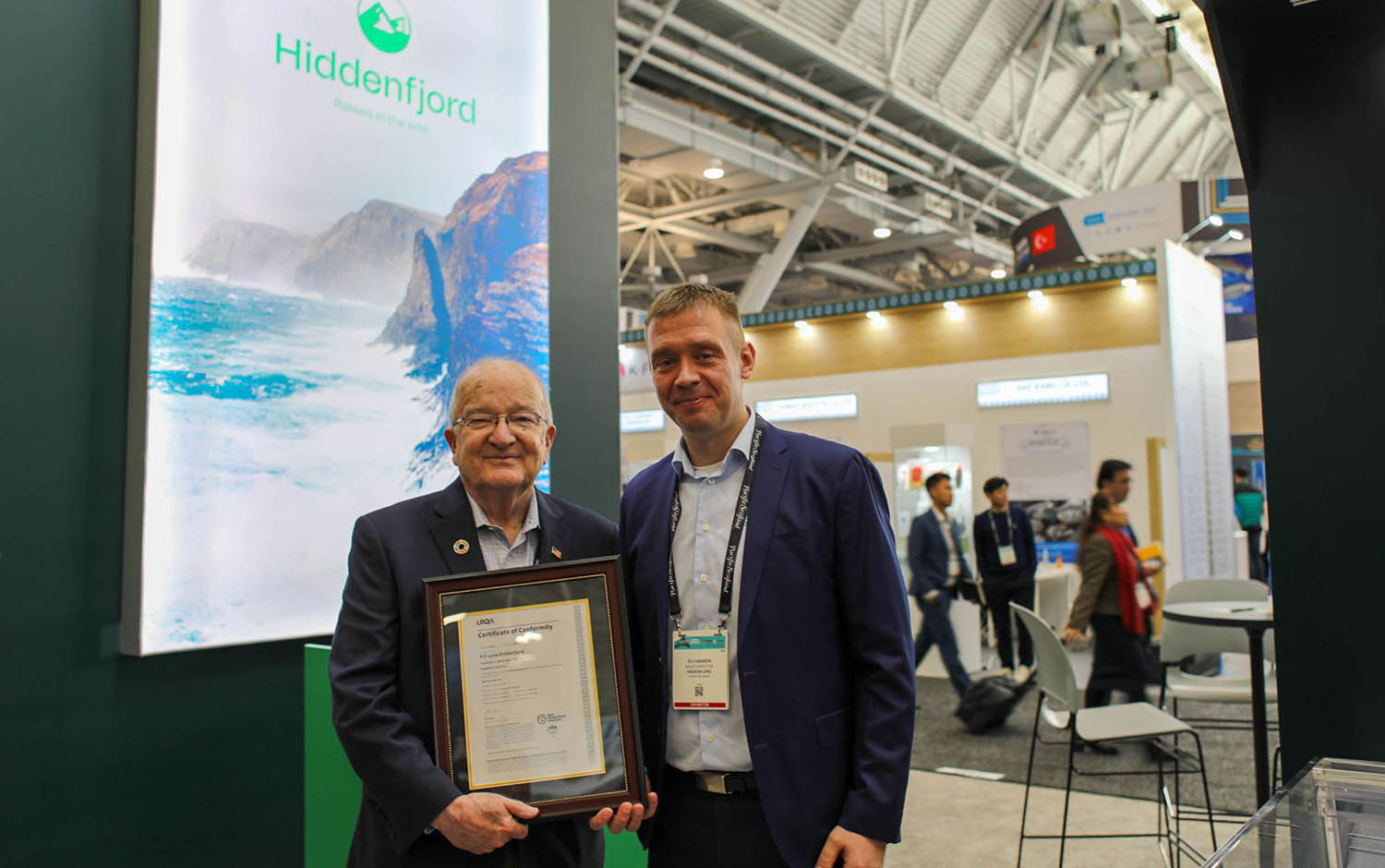SeafoodSource is closely following the sustainable seafood movement by compiling a regular round-up of sector updates about sustainability initiatives and certifications.
- Maruha Nichiro and the Nissui Corporation have achieved Marine Stewardship Council (MSC) certification for tuna purse-seine fisheries in the Western Central Pacific Ocean.
The vessels operated by Nissui subsidiary Kyowa Fishery and affiliate Tokai Fishery became the first Japan-flagged purse-seiners ever to achieve MSC certification, MSC told SeafoodSource. Two vessels owned by Meiho Fishery have also achieved MSC certification, boosting Japan's efforts in sustainable tuna fishing practices, according to MSC Japan Senior Communications Manager Yuko Suzuki.
Maruha Nichiro subsidiary Taiyo A&F also earned MSC certification for its Taiyo Waab, Taiyo Pohnpei, and Taiyo Chuuk purse-seiners, which it operates in conjunction with Micronesia's National Fisheries Corp.
- Faroese Atlantic salmon-farming company Hiddenfjord has been named the first organization in the Faroe Islands to achieve Best Aquaculture Practices (BAP) four-star certification.
In February, Hiddenfjord completed certification of its Futaklettur hatchery, which was the final step to all its facilities achieving the certification, according to the Global Seafood Alliance.
“In our interactions with business partners, the BAP accreditation emerges as a marker of excellence, epitomizing our dedication to premium salmon production,” Hiddenfjord Sales Director Óli Hansen said. “Attaining our fourth star is not merely an accomplishment but a testament to our relentless pursuit of premium quality and sustainability. We look forward to sharing its implications with our customers, ensuring they benefit from our commitment to sustainable salmon farming.”
All Hiddenfjord feed is also sourced from BAP-certified mills.
“It’s been an impressive journey for Hiddenfjord to certify its whole production chain,” Hiddenfjord Director of European Market Development Iain Shone said. “They committed to four-star from the outset, put a huge amount of work into this project, and the whole team is proud of their achievement.”
- The Austral Group has received AENOR/APR ISO 20400 certification, which was created in 2017 to verify responsible fishing practices, accrediting its sustainable purchasing strategy.
The Lima, Peru-based anchoveta fishing and fishmeal company is owned by Austevoll Seafood.
"We are proud to be the first company certified by AENOR in Latin America. We believe that this commitment not only defines us as a socially responsible company but also consolidates our relationship with suppliers. Thus, together, we guarantee a solid commercial future in sustainable fishing,” Austral Group said in a release.
- The Sustainable Fisheries Partnership (SFP) and the Hilborn Lab at the University of Washington unveiled the latest iteration of its Fishery Improvement Projects Database (FIP-DB). The sixth edition of the database provides a repository of data from more than 320 fishery improvement projects (FIPs) dating back to 2003, when FIPs were introduced.
“Research using this database may ultimately lead to better management decisions, better FIP design and implementation, and improvements on the water,” SFP Senior Scientist Pedro Veiga said in a release. “Several research outputs, including peer-reviewed articles, have already emerged from data sourced from the FIP-DB.”
The FIP-DB, which was designed for researchers in the fisheries management sector, will serve as a resource for industry and nonprofit stakeholders to provide insights into factors influencing FIP performance, Veiga said.








